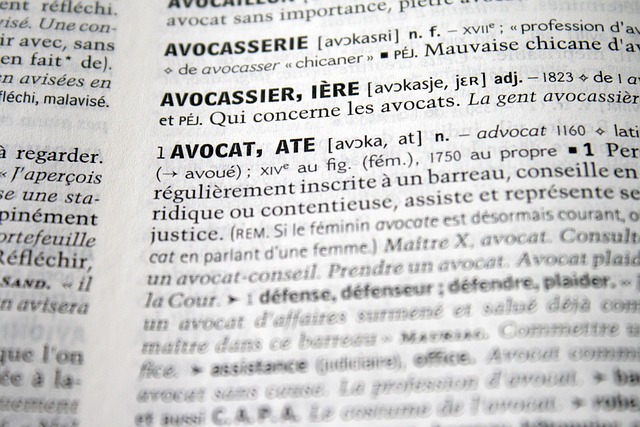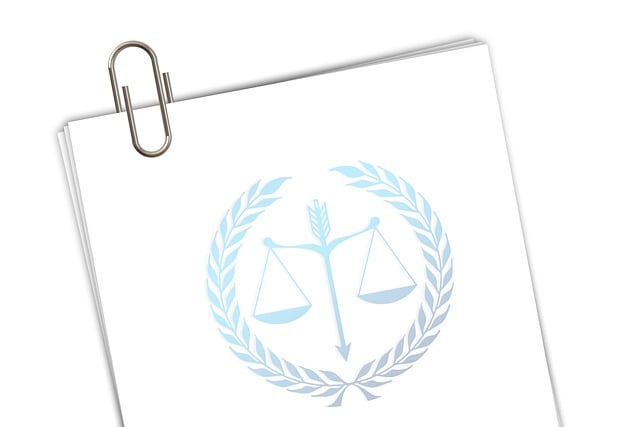The criminal justice system relies on plea bargaining as a key strategy to manage caseloads, balancing public safety and defendant rights. By negotiating guilty pleas in exchange for reduced charges or sentences, prosecutors free up resources, reduce costs, and expedite legal processes. This method has proven effective nationwide, particularly in handling non-violent white-collar crimes, but its implementation varies due to differing legal philosophies. While critics argue it may compromise justice by encouraging pleads over trials, supporters emphasize its role in clearing backlogs and ensuring fairer outcomes through optimized resource allocation.
Criminal law enforcement is a complex system designed to uphold justice and protect society. Understanding this process, particularly the role of plea bargaining, offers valuable insights into the criminal justice system. This article explores how plea bargaining impacts caseload reduction, its benefits and challenges, while also considering alternative strategies for managing backlog. By delving into these aspects, we aim to evaluate the effectiveness of plea bargaining in navigating the demands of modern criminal law enforcement.
- Understanding Criminal Law Enforcement: A Glimpse into the System
- The Role of Plea Bargaining in Criminal Justice
- Benefits of Plea Bargaining for Caseload Reduction
- Challenges and Criticisms of Plea Bargaining Practices
- Alternative Strategies to Manage Case Backlogs
Understanding Criminal Law Enforcement: A Glimpse into the System

The criminal justice system is a complex web where law enforcement, prosecutors, defenders, and judges collaborate—and sometimes clash—to ensure justice is served. At its core, Criminal Law Enforcement involves a meticulous process designed to investigate crimes, apprehend perpetrators, and bring them to trial. This intricate system aims to maintain public safety and order while upholding the rights of the accused, as guaranteed by law.
One critical aspect often recognized for its effectiveness in managing caseloads is plea bargaining. This strategic negotiation allows prosecutors and defendants to reach agreements, leading to a significant reduction in pending cases. By encouraging guilty pleas from accused individuals, the system can efficiently manage an unprecedented track record of successful prosecutions, ensuring that resources are allocated where they are most needed. Moreover, the ability to secure winning challenging defense verdicts underscores the balanced nature of this approach, catering to both justice and operational practicality within the criminal law enforcement landscape.
The Role of Plea Bargaining in Criminal Justice

Plea bargaining plays a pivotal role in modern criminal justice systems, serving as a crucial mechanism for managing caseloads and promoting efficient dispute resolution. This process allows defendants to negotiate a plea deal with prosecutors, often resulting in a reduced charge or sentence in exchange for their guilty plea. By engaging in plea bargaining, both parties can avoid the time-consuming and costly trial process, which is particularly beneficial in high-stakes cases where the potential consequences are severe.
The effectiveness of plea bargaining in reducing caseloads is well-documented. It enables courts to handle a larger volume of cases efficiently, as guilty pleas streamline the judicial process. This approach also ensures that prosecutors can focus their resources on more complex or serious offenses, allowing for a fairer distribution of judicial efforts. Moreover, plea bargaining offers defendants the chance to avoid indictment and secure a complete dismissal of all charges, providing a mutually advantageous outcome in many instances.
Benefits of Plea Bargaining for Caseload Reduction

The effectiveness of plea bargaining in reducing caseloads is a well-documented strategy employed by criminal law enforcement across the country. This process allows for the efficient management of a vast number of cases, which can significantly alleviate the burden on judicial systems. By offering reduced charges or sentences in exchange for a guilty plea, prosecutors can streamline the legal process and avoid lengthy jury trials.
This approach benefits both the court system and defendants, especially those involved in white-collar crimes. It provides a swift resolution to non-violent offenses, ensuring that resources are allocated more effectively. This method has proven successful in decreasing the number of cases pending, thereby improving overall case management and potentially leading to fairer outcomes for all involved parties.
Challenges and Criticisms of Plea Bargaining Practices

Plea bargaining practices within criminal law enforcement have faced significant challenges and criticisms over the years. One of the primary concerns revolves around its effectiveness in reducing caseloads. Proponents argue that plea agreements allow for efficient case management, enabling courts to manage overwhelming backlogs more effectively. However, critics contend that this process often results in a trade-off between justice and efficiency. Accused individuals may accept plea deals, leading to a complete dismissal of all charges, but this can raise questions about the integrity of the legal system, especially when allegations are not fully adjudicated.
The debate intensifies when considering the impact across the country. While some regions have successfully utilized plea bargaining as a strategic tool for case management, others struggle with its implementation due to varying legal philosophies and community expectations. These disparities highlight the need for balanced approaches that ensure both justice is served and court resources are optimized without compromising the respective business of the criminal justice system.
Alternative Strategies to Manage Case Backlogs

In light of the ever-growing case backlogs plaguing criminal law enforcement agencies, innovative strategies are needed to streamline legal processes and ensure justice is served efficiently. One such strategy gaining traction is the enhanced effectiveness of plea bargaining in reducing caseloads. This process allows for a negotiated agreement between prosecutors and defendants, often resulting in reduced charges or sentences in exchange for a guilty plea. By incentivizing swift admissions of guilt, plea bargaining can significantly clear backlogs, as it typically involves less time-consuming trials compared to complex cases.
The unprecedented track record of successful case dispositions through plea bargaining highlights its value in managing heavy workloads. Even in the realm of white collar defense, where respective business interests often clash with legal obligations, this strategy has proven effective. By employing plea bargaining as a tool, law enforcement agencies can foster a more manageable caseload, allowing for better allocation of resources and ensuring that critical cases receive timely attention, ultimately strengthening the overall criminal justice system.
The criminal justice system relies heavily on plea bargaining as a key component for managing caseloads. As demonstrated, plea bargaining offers significant advantages in reducing backlogs and expediting the process. However, it’s crucial to balance these benefits against potential challenges and criticisms. By understanding the effectiveness of plea bargaining, along with exploring alternative strategies, legal professionals can work towards a more efficient and just criminal law enforcement system. These approaches collectively contribute to a fairer society, ensuring that resources are allocated effectively while upholding the integrity of the justice process.






